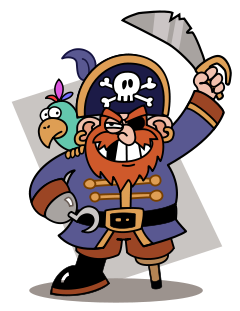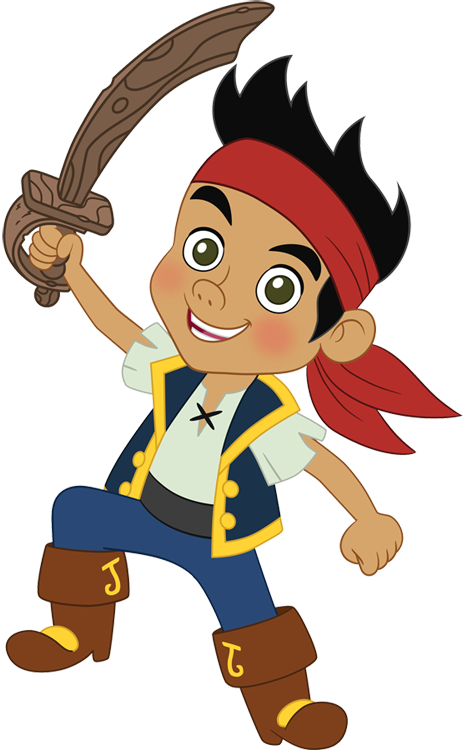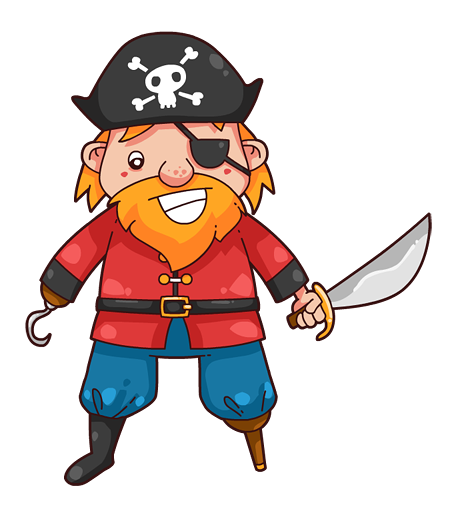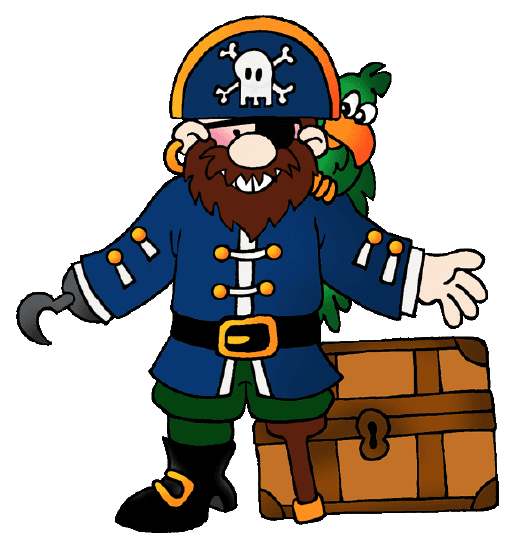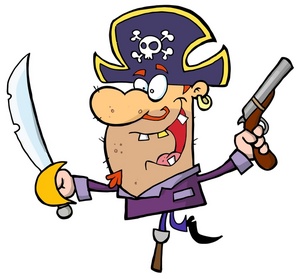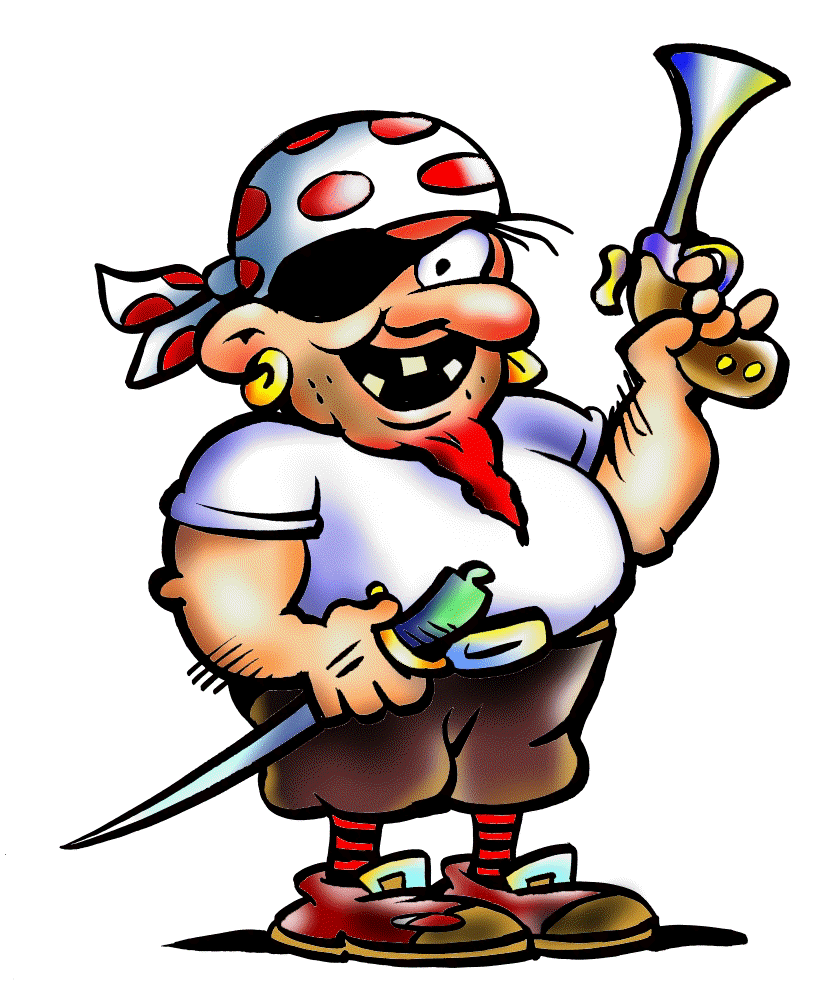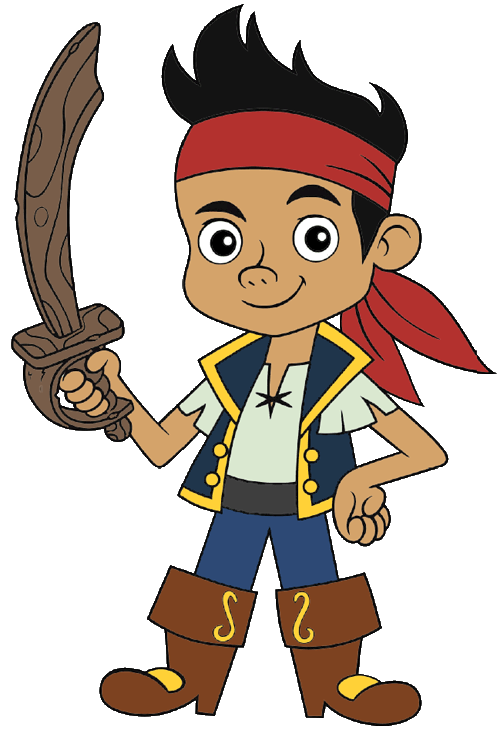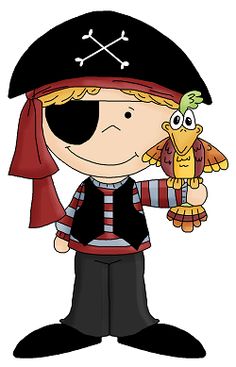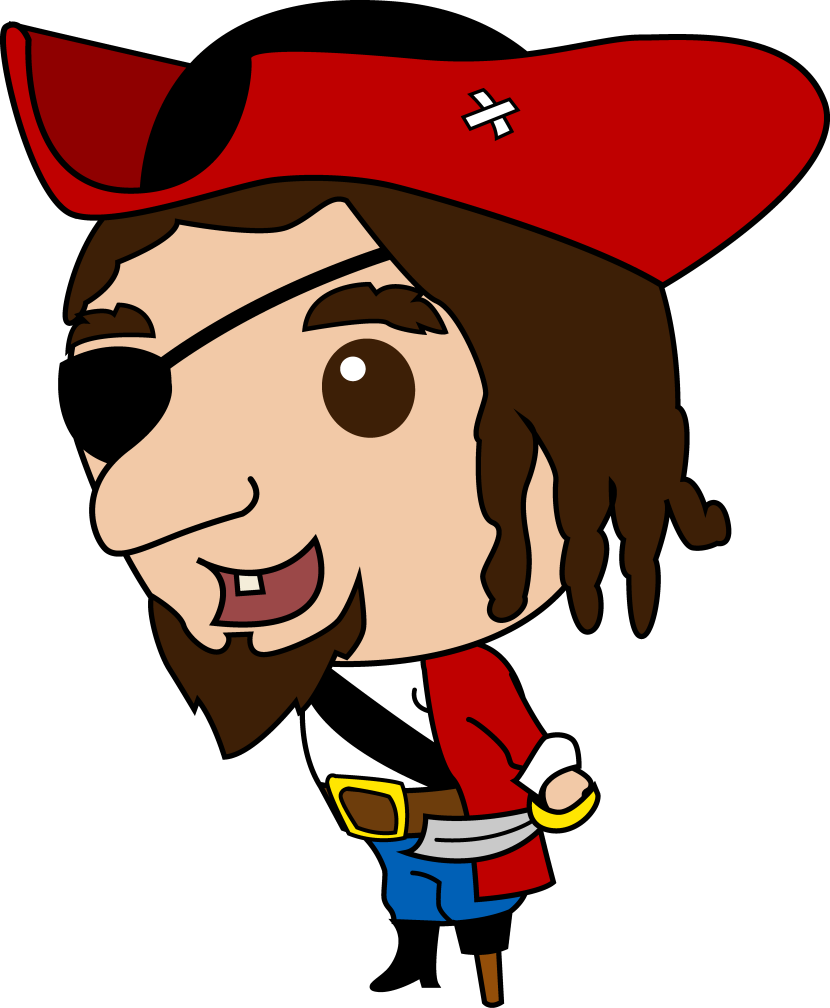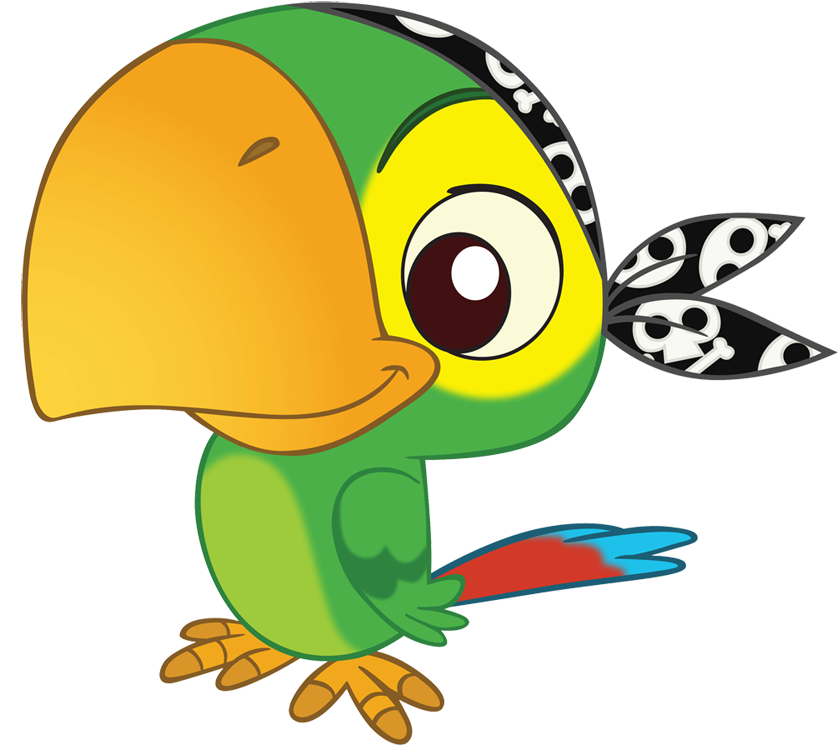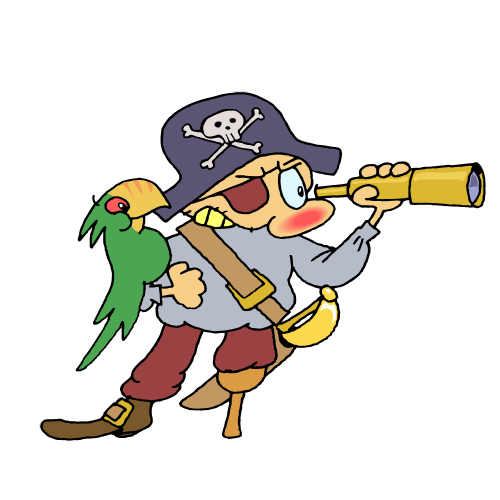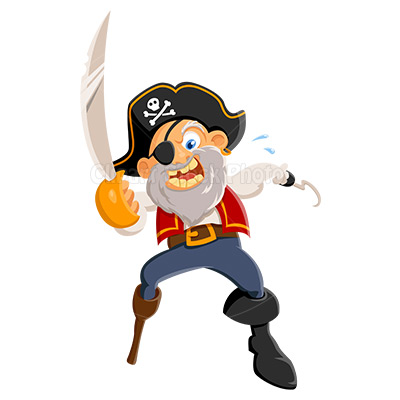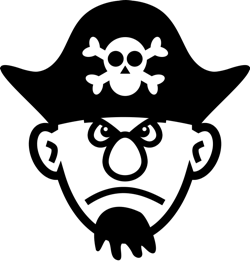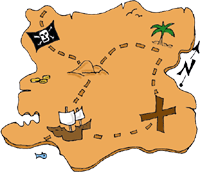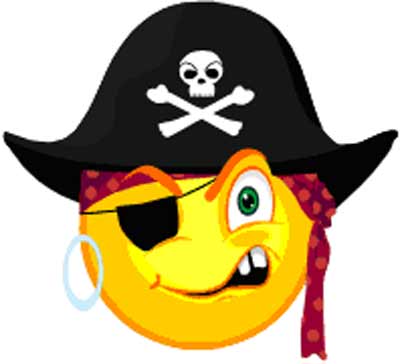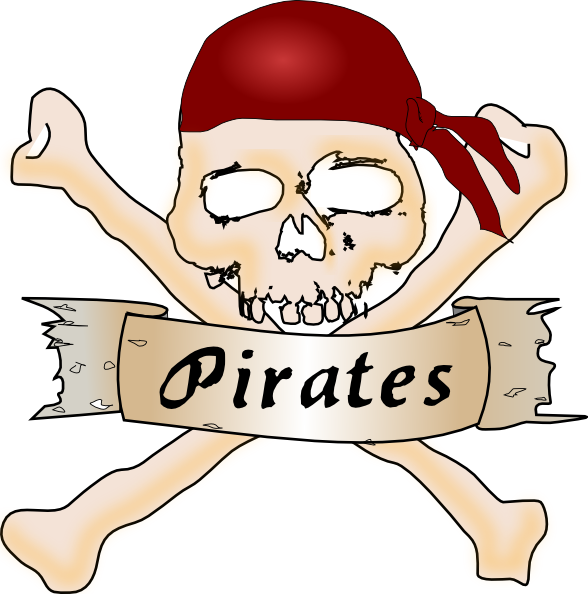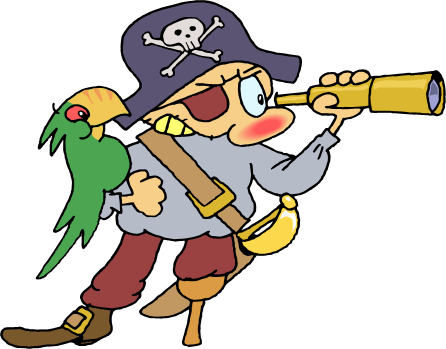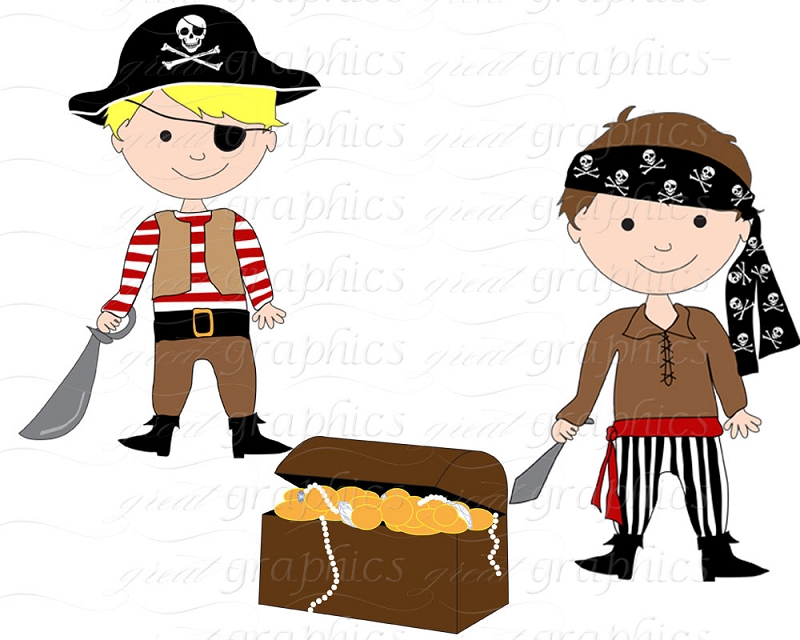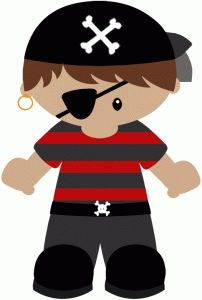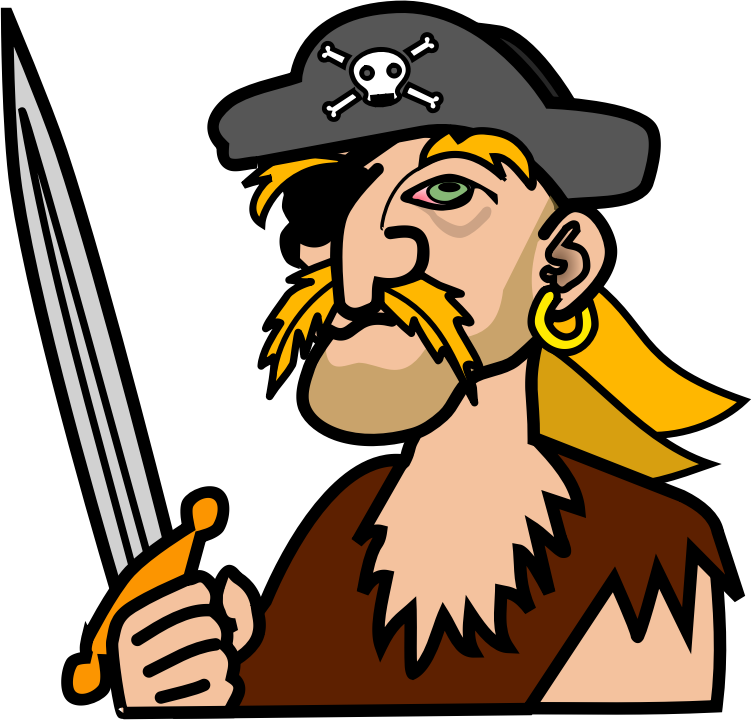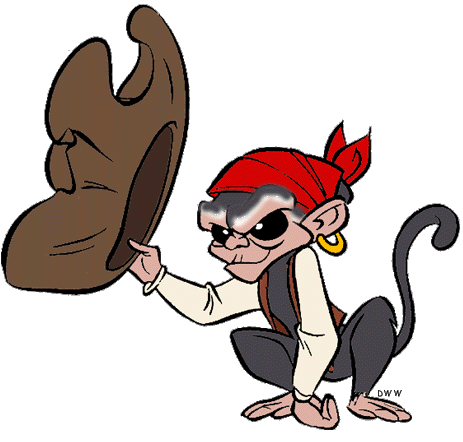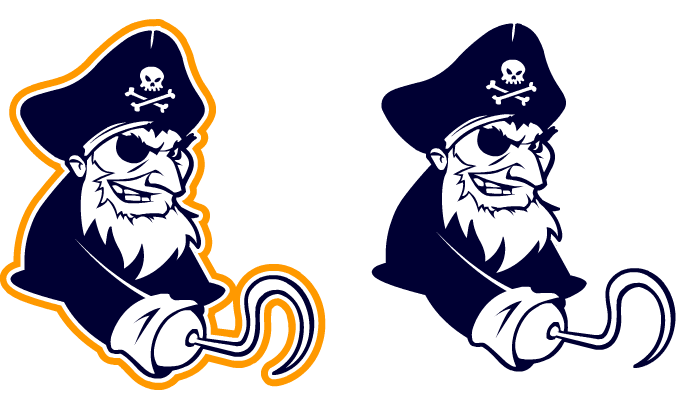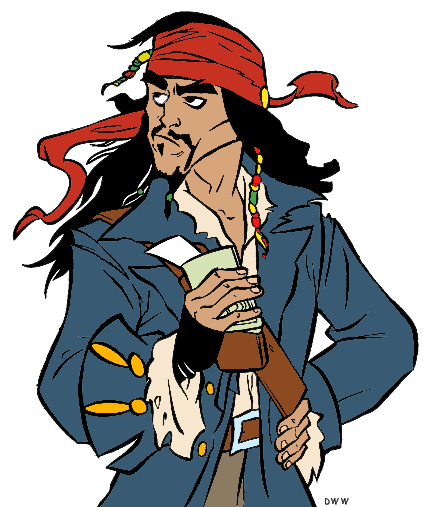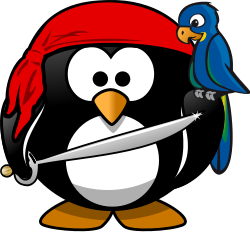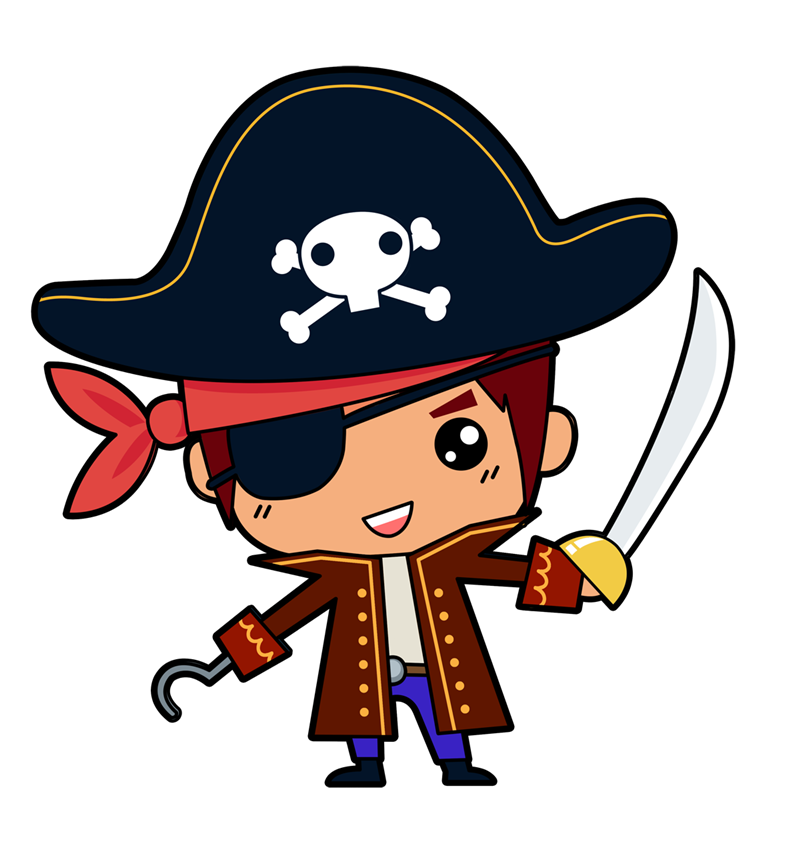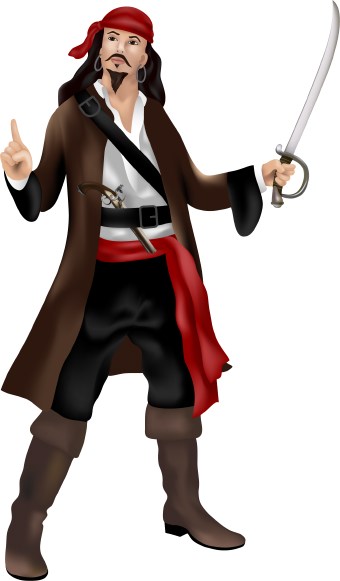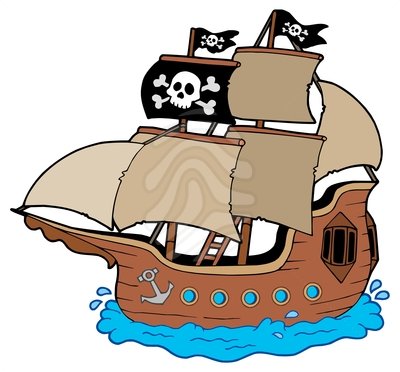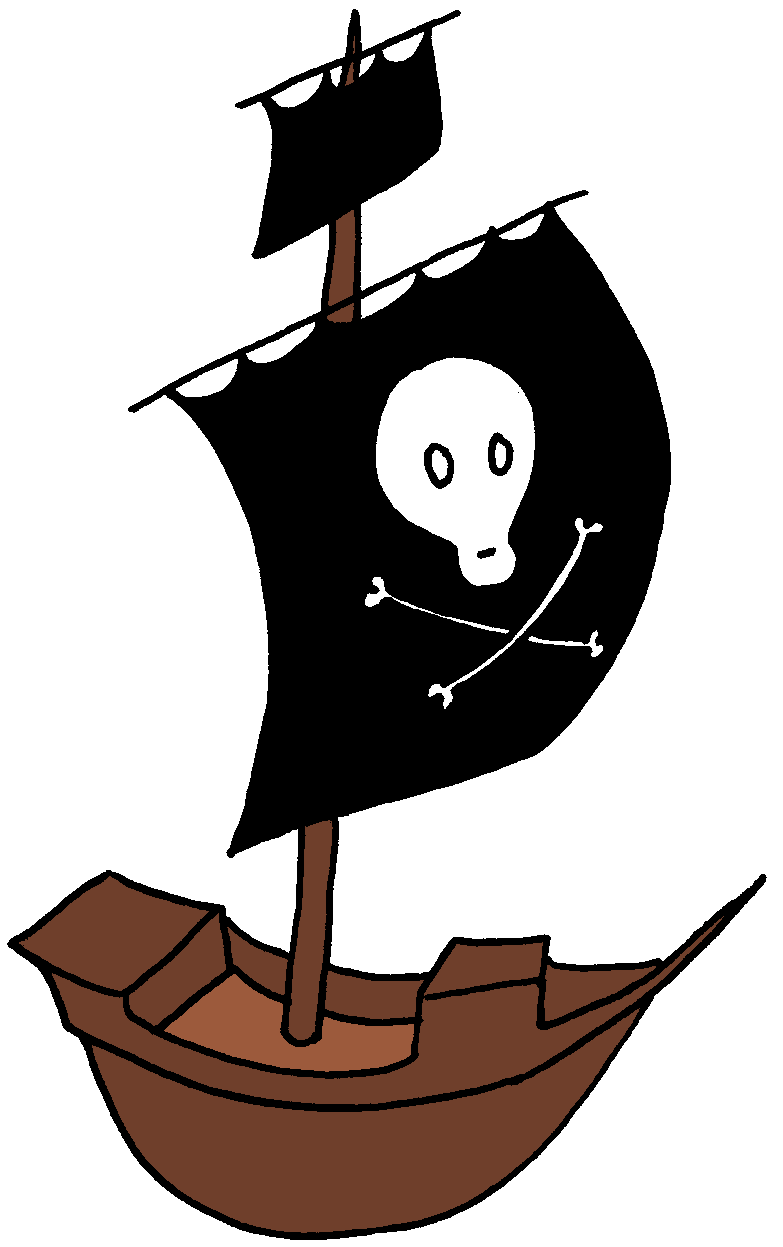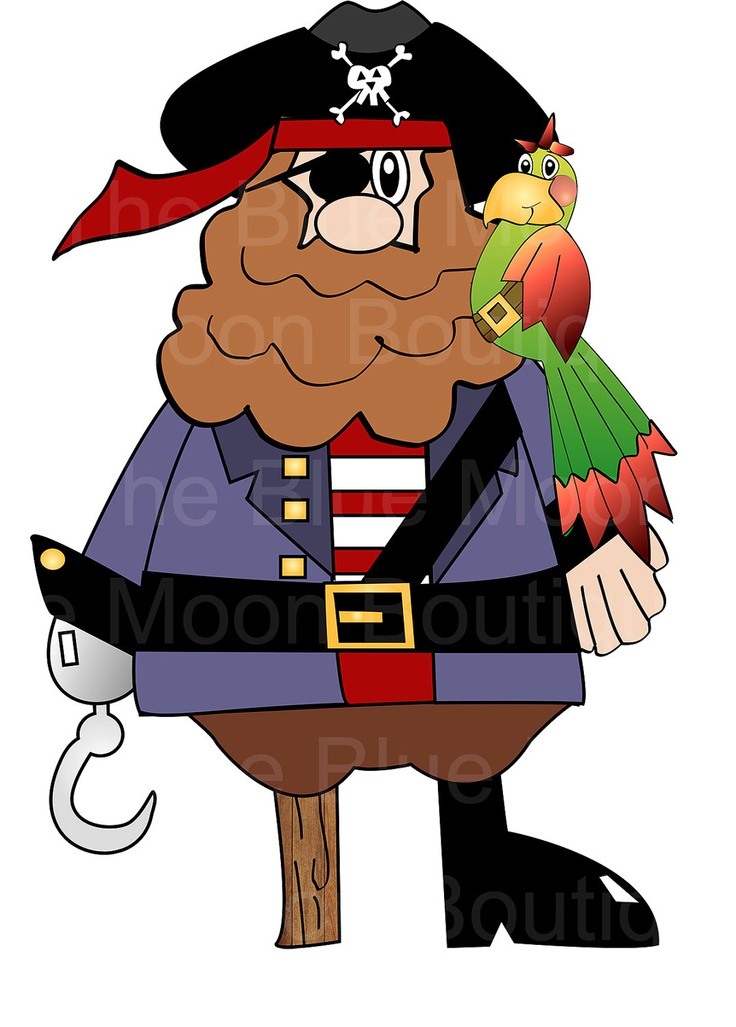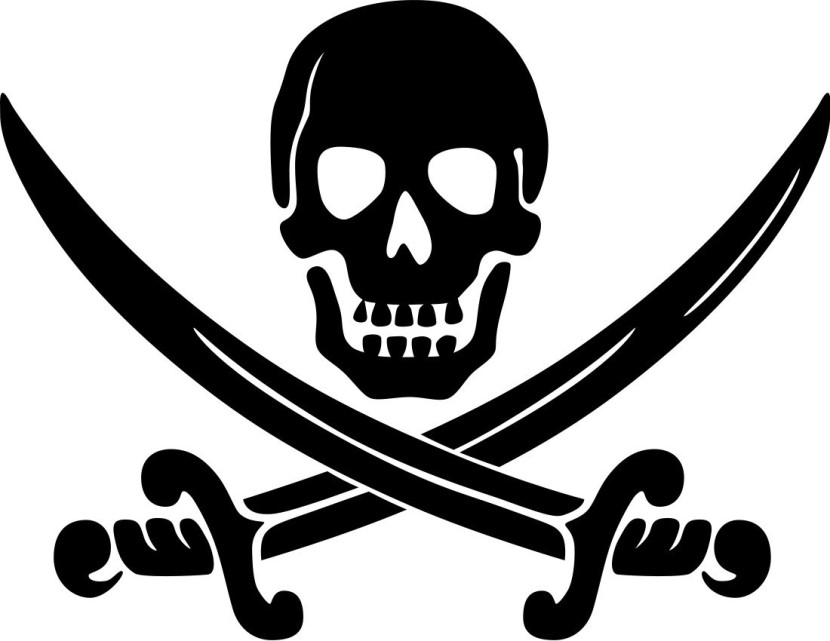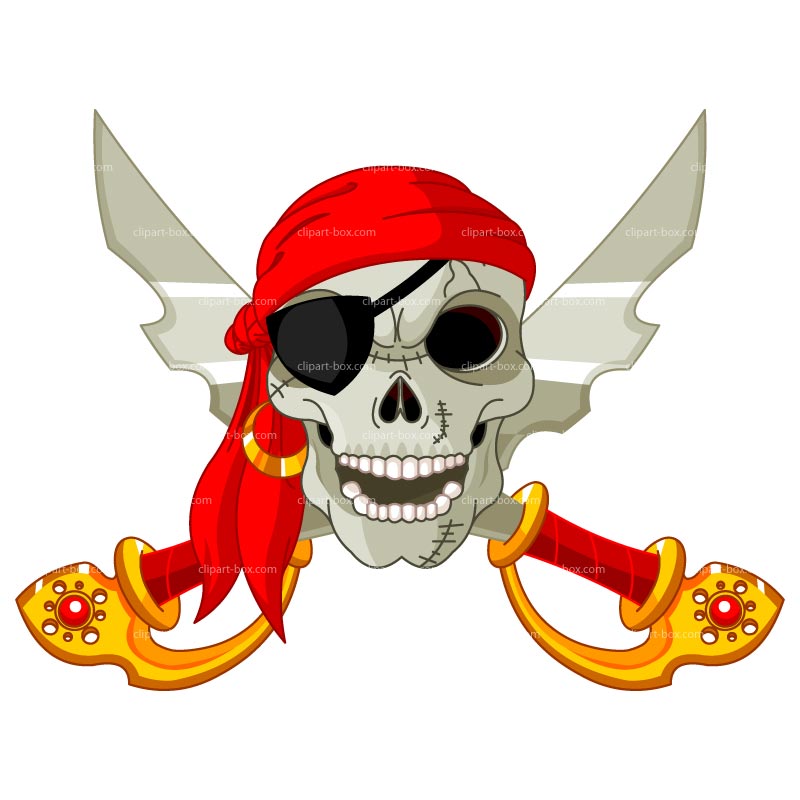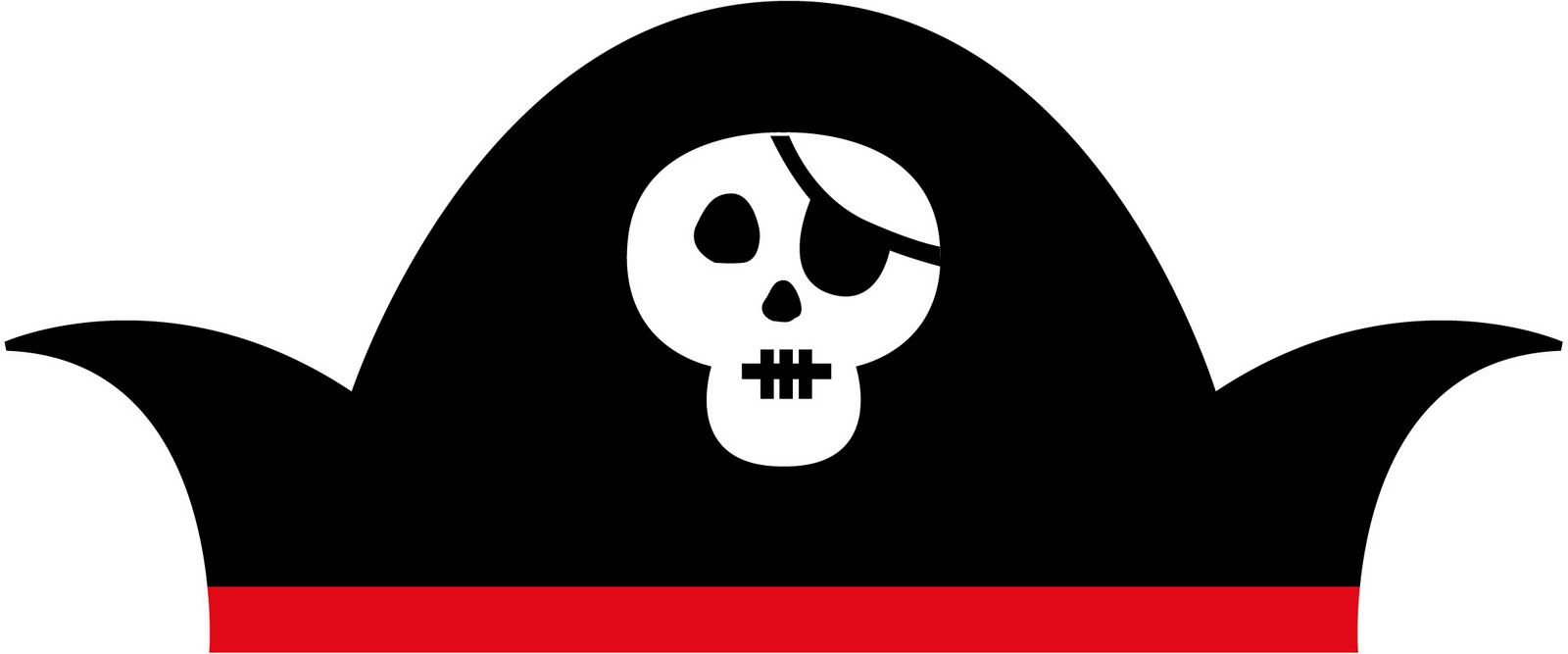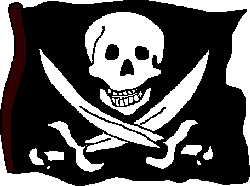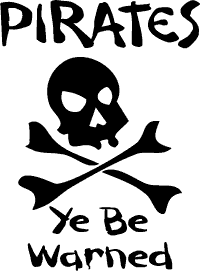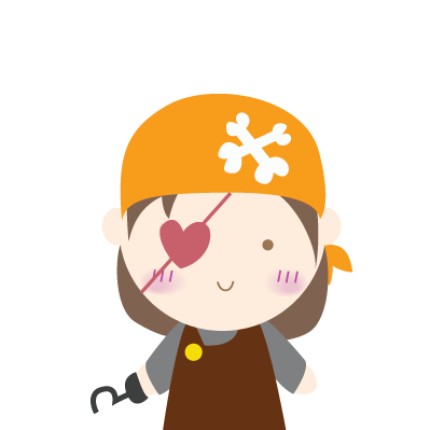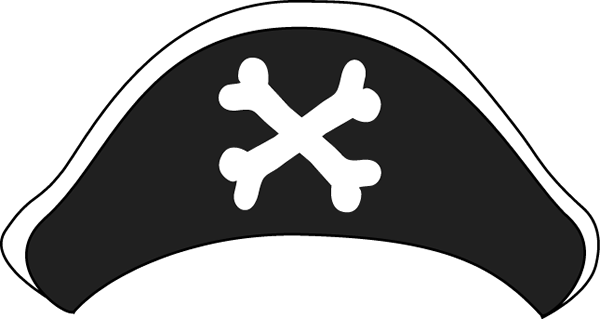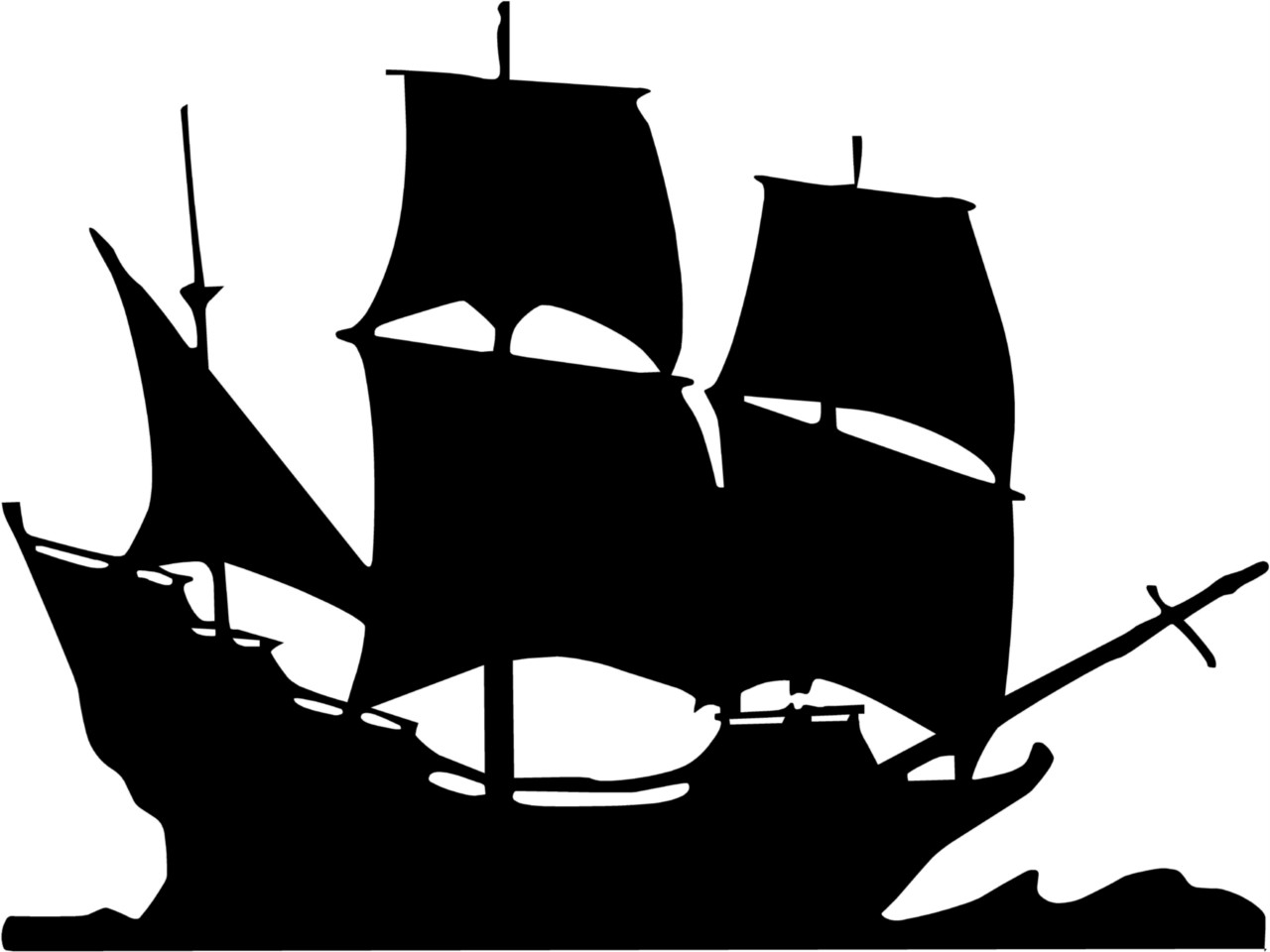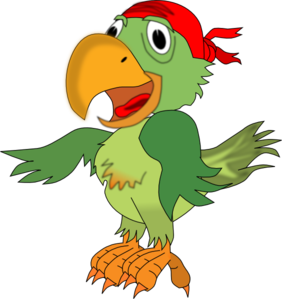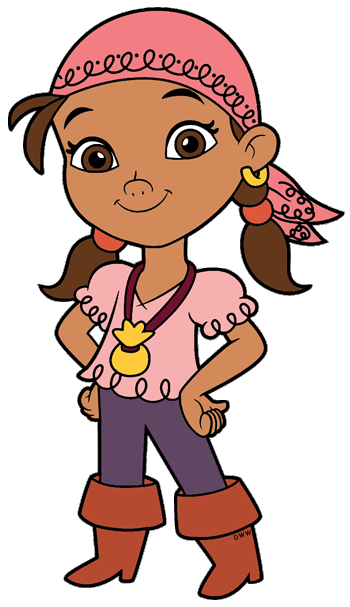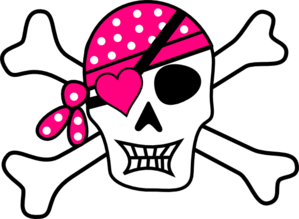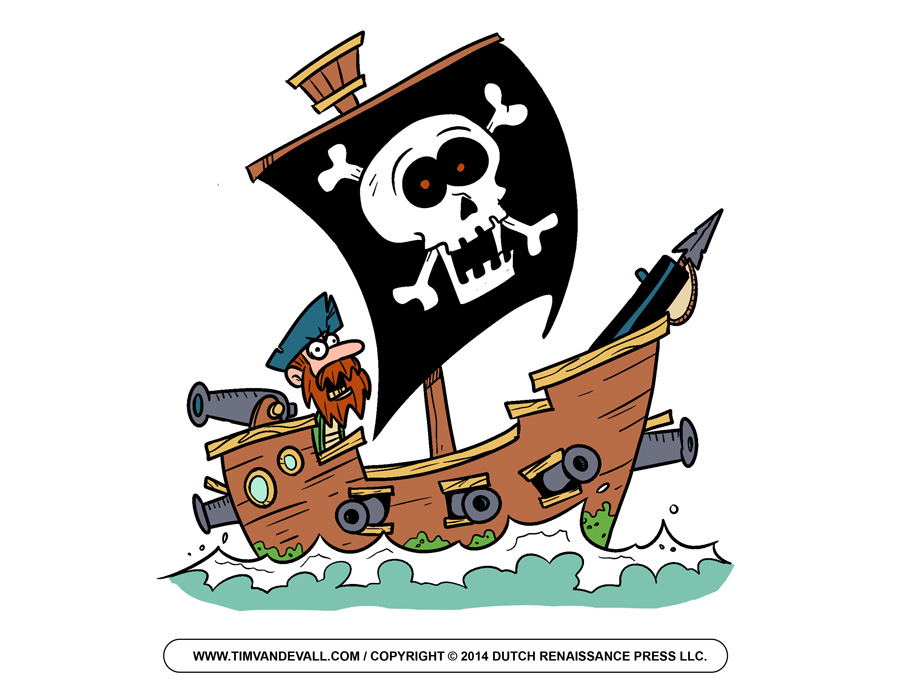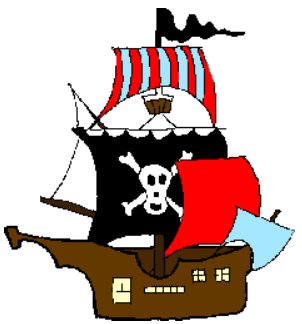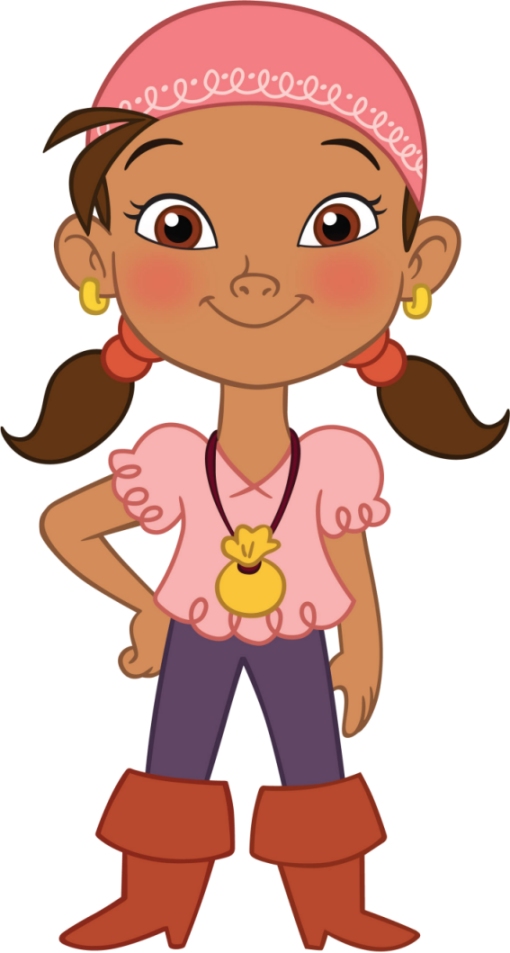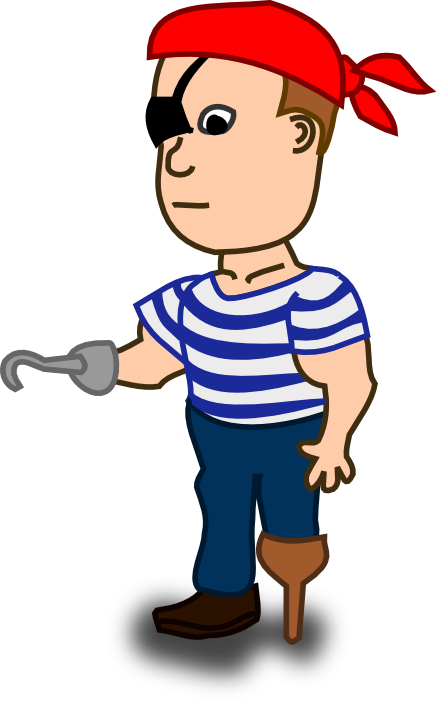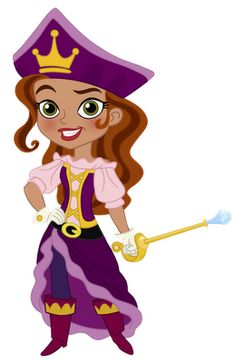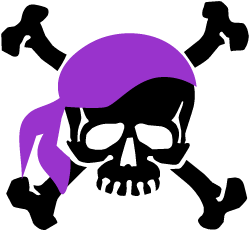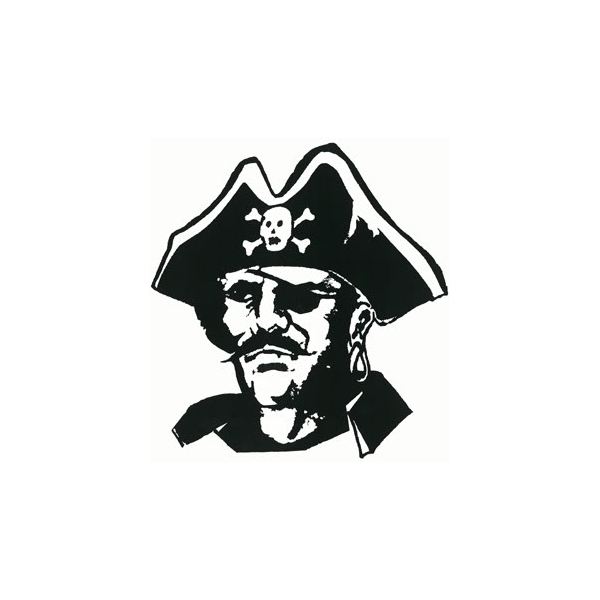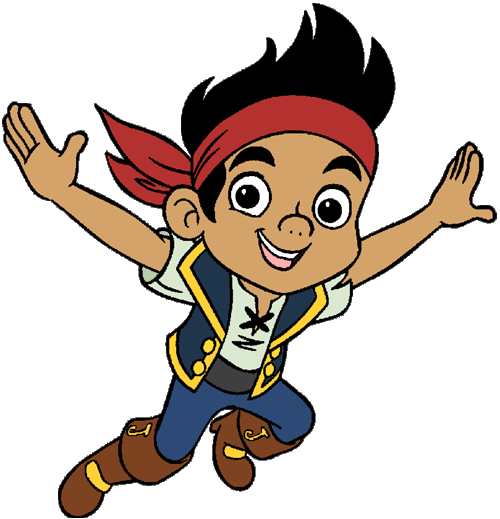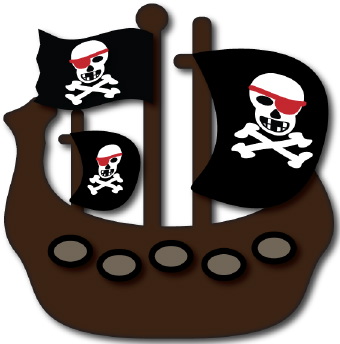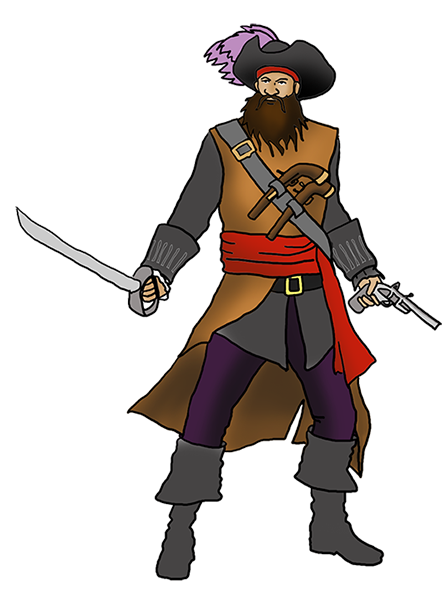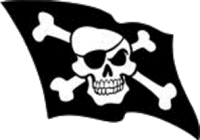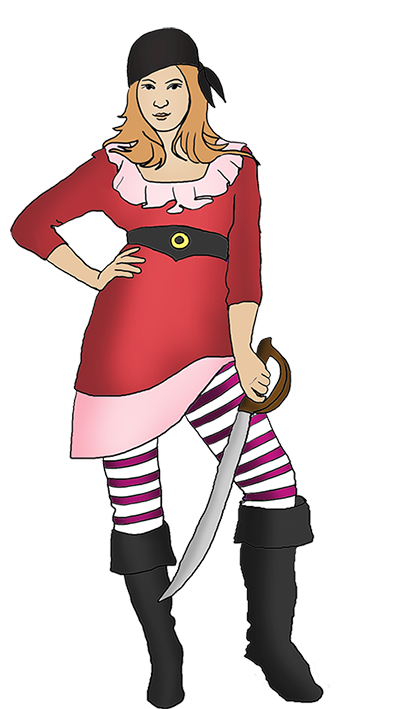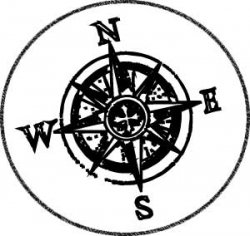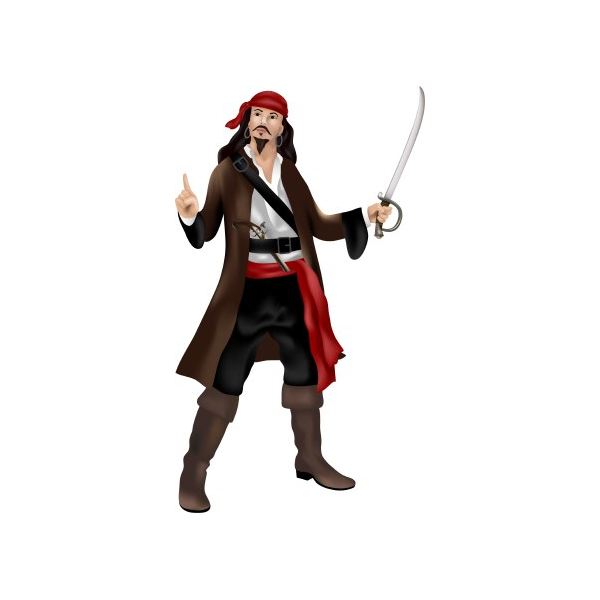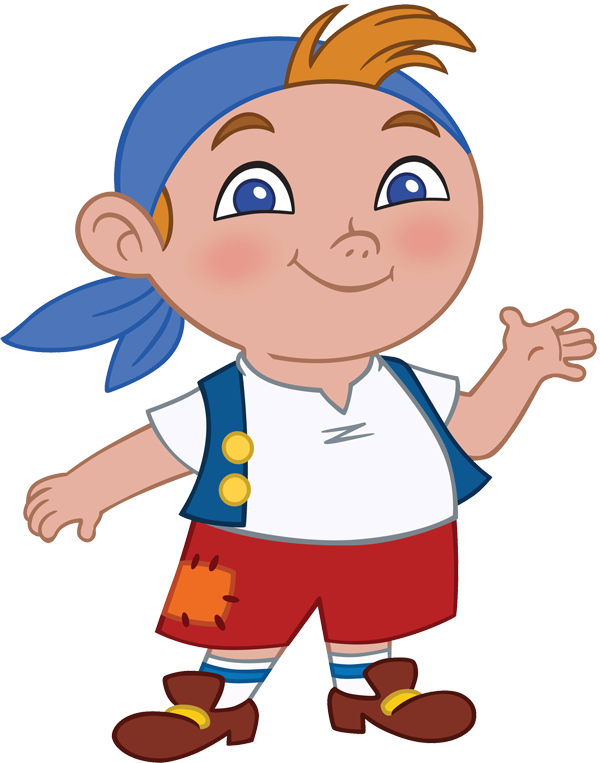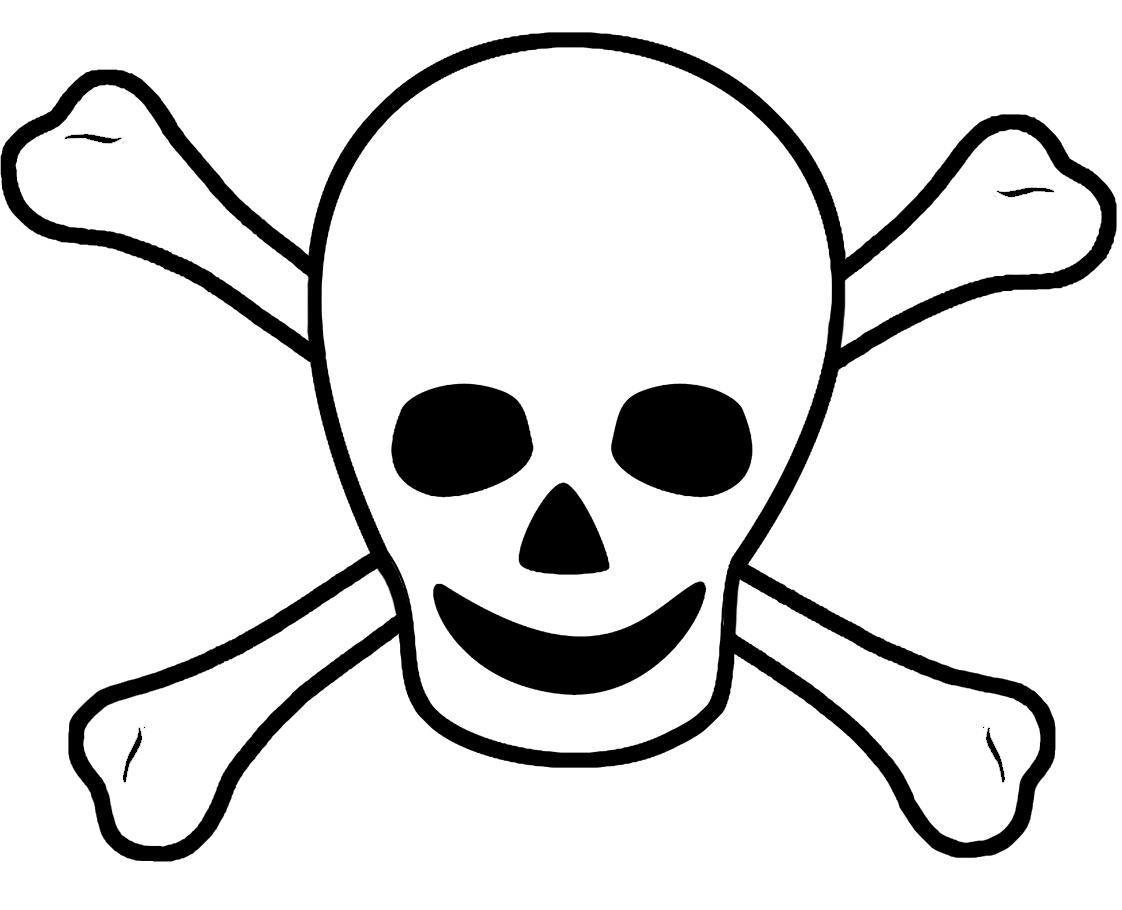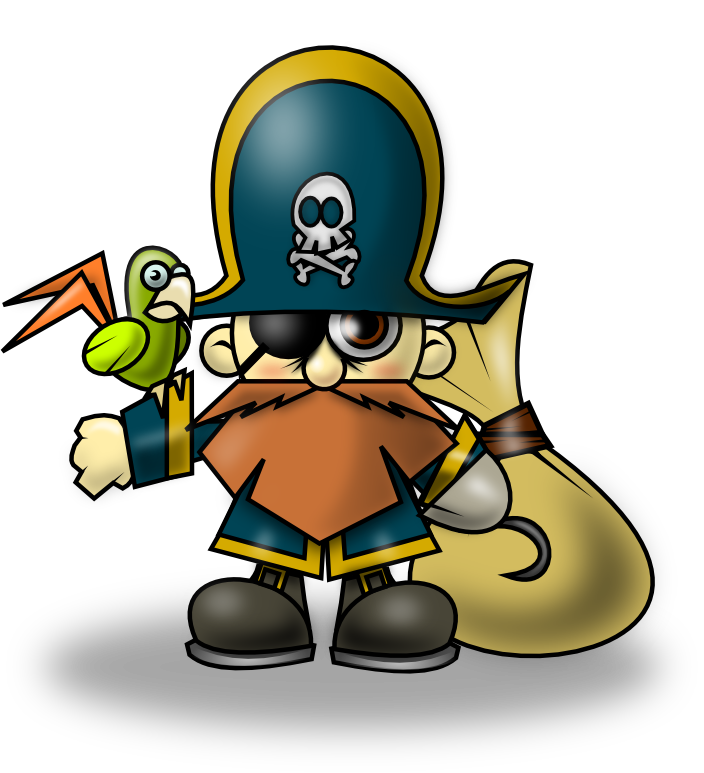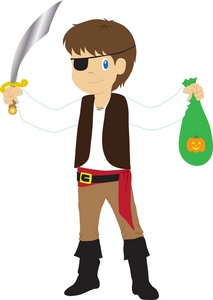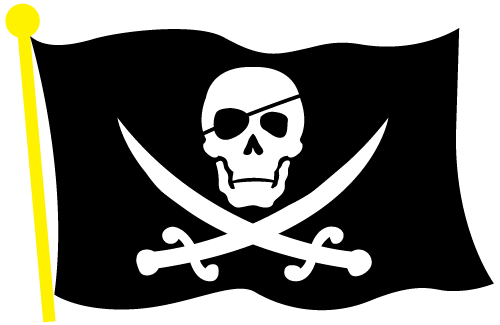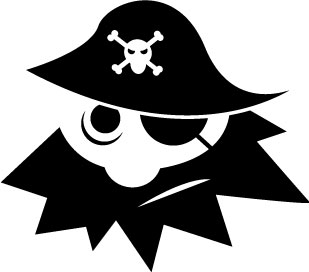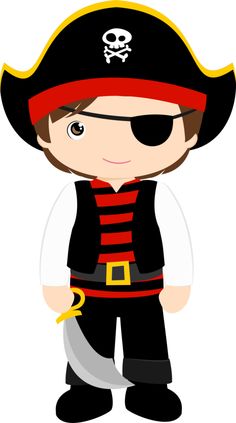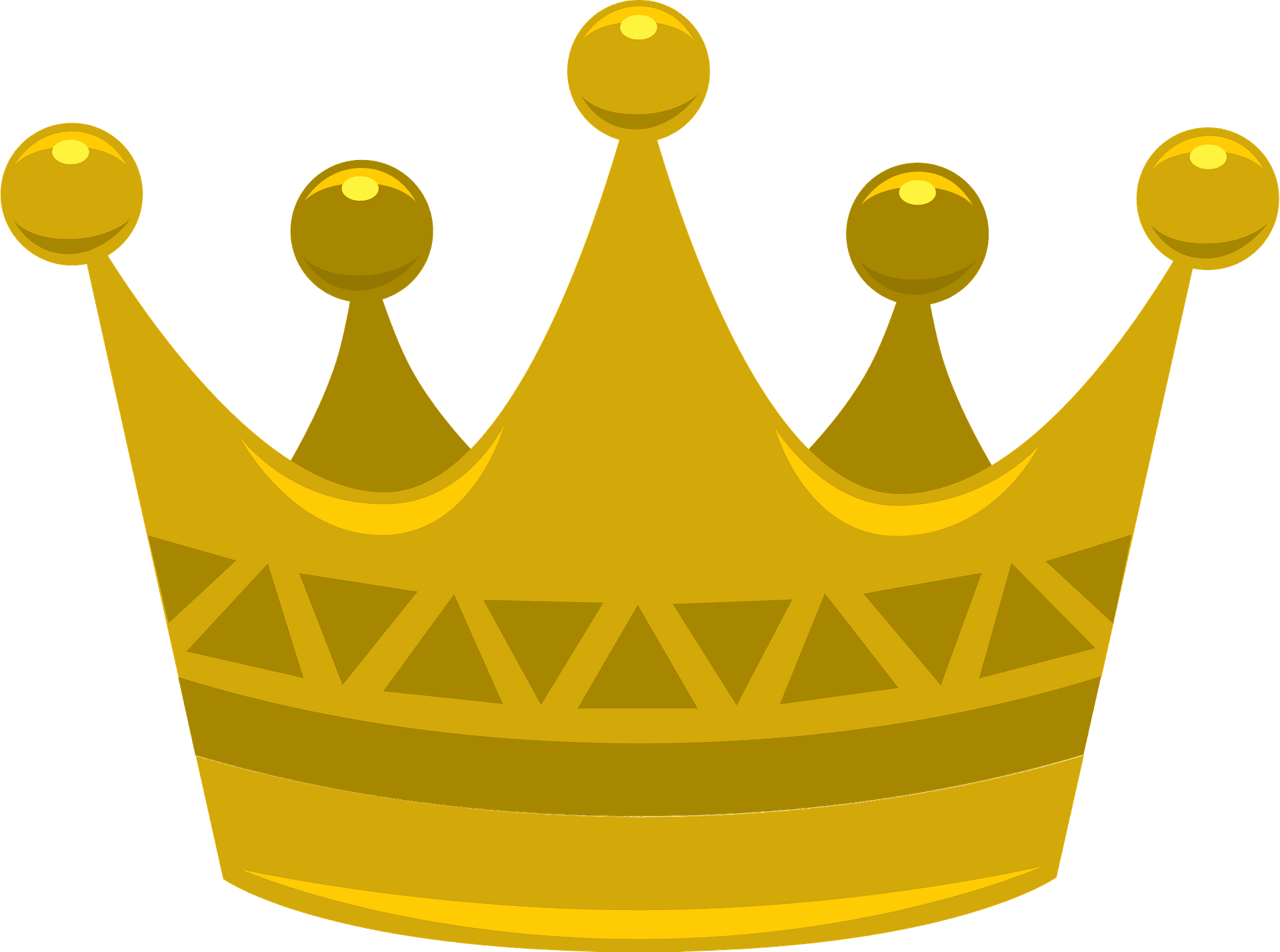Pirate Clipart
Stories romanticize pirates sailing the high seas plundering gold but piracy originated simply as sea banditry targeting merchant ships to steal cargo out of opportunism, not ideals of adventure. Early privateering blurred lines granting questionable legal power to seize vessels during wartime. Buccaneers based around Caribbean islands frequently attacked Spanish colonies in the 16th and 17th centuries.
The Golden Age of Piracy
So called Golden Age from 1690-1730 centered in Caribbean saw pirates boldly flying Jolly Roger flags operate massive fleets attacking larger galleons and armadas. Lack of law enforcement on open oceans and islands allowed notorious captains and crews to develop almost institutionalized codes of conduct. They spent loot freely at ports they controlled through notoriety.
Pirate Ships and Equipment
Pirates favored shallow draft vessels enabling agile maneuverability evading prey between islands and escaping capture. Sleek narrow Sloops and Schooners designed for speed optimally carried 50 to 150 crew plus arms/provisions. Iconic skull and crossbones banners announced pirates’ presence. They heavily utilized cannons, pistols, cutlasses, grappling hooks and rapiers during close quarters raids after disabling target crafts.
Pirate Culture and Codes
Life aboard pirate vessels contrastingly incorporated principles of democracy and distribution of wealth with otherwise brutality. Quartermasters allocated shares of pillaged coins, gems and goods according to rank. Captain compensation factored the number of crewmen sailing under their command. Pirates settled disputes between themselves with duels. Those disobeying direct orders or clearly defined codes faced marooning as punishment.
Famous Pirates and Exploits
William Kidd (1645–1701) – Scottish privateer turned pirate infamously buried treasure, some still undiscovered.
Blackbeard (1680–1718) – Flamboyantly styled searogue cunning and fiercely vicious.
Bartholomew Roberts (1682–1722) – Captained the greatest plunder in prize ship capture history.
Calico Jack Rackham (1682–1720) – Notorious for distinctive calico clothes and female pirates Anne Bonny and Mary Read aboard his crew.
Pirates in Modern Culture
Pirates signify rebellion and nonconformity. Pop culture endlessly romanticizes their adventuresome spirit in favorites like:
- Films – Pirates of the Caribbean, Goonies, Peter Pan
- Sports Mascots – Tampa Bay Buccaneers
- Branding – Pittsburgh Pirates Baseball Club
- Talk Like a Pirate Day – September 19th avast me hearties!
- Costumes and Parties
Pirate Clip Art Origins
Wood engraved clip art of seafaring motifs existed widely on printed ephemera like treasure map invitation flyers and maritime signal flags across guidebooks even pre-1900s. Book publishers offered imagery assisting storytelling. Nautical themes expanded as pirate consumer products gained popularity last few decades.
Types of Pirate Clip Art
Skull and Crossbones – Iconic Jolly Roger with hourglass, swords
Pirate Ships – Sailing under flag through storms towards islands
Treasure Chests – Overflowing with coins, gems, goblets
Message Scrolls – Cartoon pirate captain holding up treasure map
Harbors/Islands – Tropical paradises await after plundering spoils
Uses for Pirate Clip Art
Decorate:
- Retail Displays/Signage – Persuade shoppers towards featured products
- Invitations – Set tone for plundering party adventures
- Menus – Dinner becomes more playful
- Crafts – Collages, cards and calendars full of silly pirates
Creative Pirate Clip Art Ideas
Scavenger Hunts – Provide custom illustrated clues leading to prizes
Coloring Pages – Print intricate ships and scenes for crayons
Cookies – Decorate shapes with pirate faces
Event Games/Contests – Best costume and talent competitions
Treasure Hunt – Hide golden treats wrapped in scrolls around stuffy coral coves
Let imaginations set sail on creativity’s ocean!
In this page clipartix present 63 pirate clipart images free for designing activities. Lets download Pirate Clipart that you want to use for works or personal uses.
